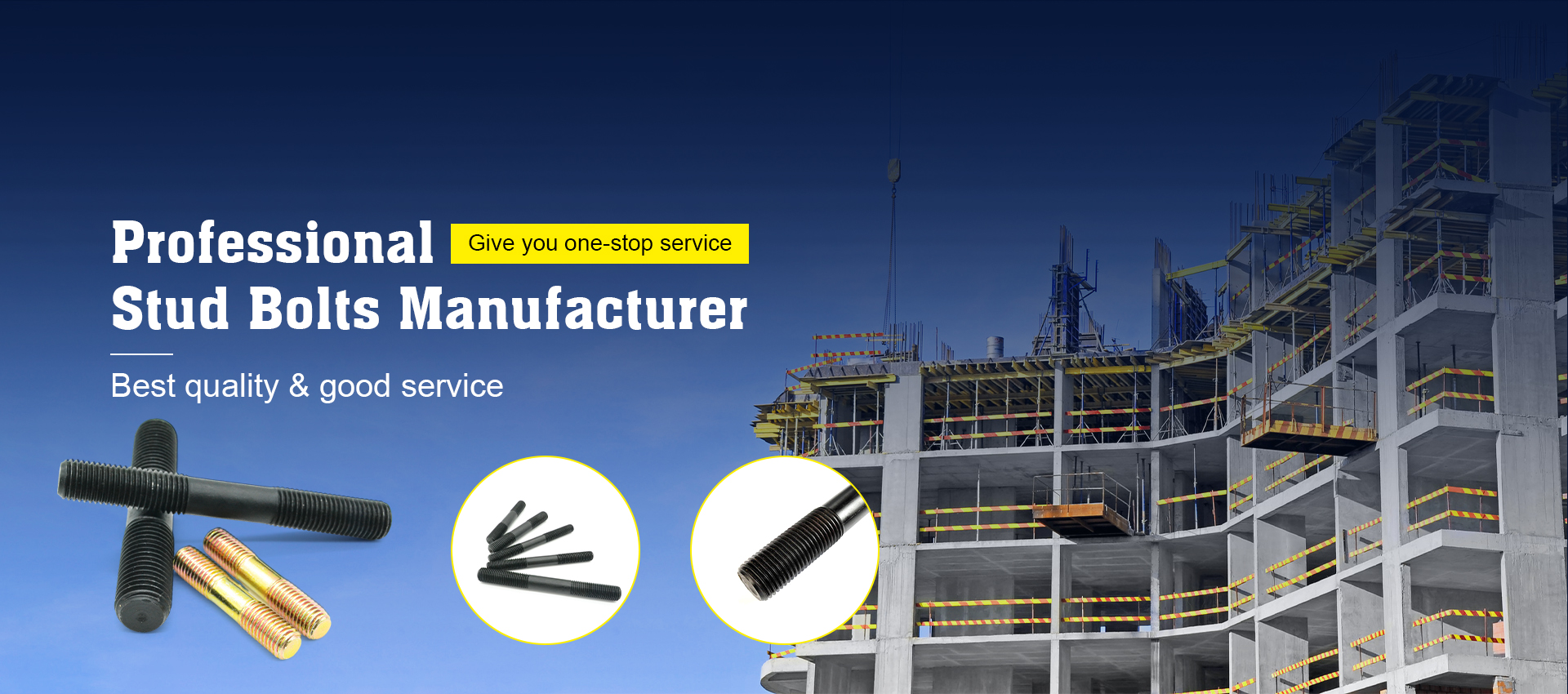cone washers
Oct . 06, 2024 11:22 Back to list
cone washers
Understanding Cone Washers A Simplified Overview
Cone washers, also known as conical washers, are specialized fasteners used in various engineering and construction applications. These uniquely designed washers are characterized by their cone-shaped geometry, which allows for effective load distribution and improved stability in assemblies. They serve a crucial role in preventing loosening of bolts and screws due to vibrations, thermal expansion, and other dynamic forces.
The primary advantage of cone washers lies in their ability to adapt to uneven surfaces. Unlike flat washers, which can struggle to provide a secure fit in certain scenarios, cone washers conform to the contours of the materials being joined. This feature is particularly beneficial in applications where the surfaces may not be perfectly flat or where some degree of alignment misalignment may occur.
One of the key functions of cone washers is their role in load distribution
. When a bolt or screw is tightened, the force applied can create a concentrated pressure on a small area. This pressure can lead to deformation of the materials being fastened, especially over time or under varying environmental conditions. By using a cone washer, the load is spread over a larger area, reducing the risk of damage and enhancing the longevity of the components involved.cone washers

Cone washers are commonly used in various industries, including automotive, aerospace, and construction. For example, in the automotive sector, they are often employed in fastening components such as engine mounts and suspension systems where vibration is prevalent. In the aerospace industry, their use is critical for ensuring that structural integrity is maintained under extreme conditions, such as changes in altitude and temperature.
Material selection for cone washers is essential to their performance. They can be made from various materials, including stainless steel, aluminum, and high-strength plastics, depending on the specific application requirements. The choice of material affects corrosion resistance, weight, and load-bearing capacity, making it vital to select the right type for each situation.
In conclusion, cone washers are invaluable components in numerous applications, providing enhanced stability and load distribution. Their unique design enables them to perform effectively in environments where traditional fasteners may fall short. By understanding the advantages and proper applications of cone washers, engineers and designers can improve the reliability and durability of their projects.
Latest news
-
High-Quality Panel Stud Bolt Reliable Panel Stud Bolt Factory & Suppliers
NewsJul.08,2025
-
High-Precision Fine Thread Locknuts Manufacturer & Supplier Custom Solutions
NewsJul.08,2025
-
PH Imperial Stud Bolt – High Strength Fasteners from Leading Supplier & Factory
NewsJul.07,2025
-
High-Quality Allen Wrench Bolts Leading Factory, Company & Suppliers
NewsJul.07,2025
-
Wholesale Ball Stud Bolt - High Quality Supplier & Factory Price Reliable Wholesale Ball Stud Bolt Company
NewsJul.06,2025
-
High-Strength Alloy Bolts Manufacturer & Supplier Quality Alloy Fasteners Factory
NewsJul.06,2025
